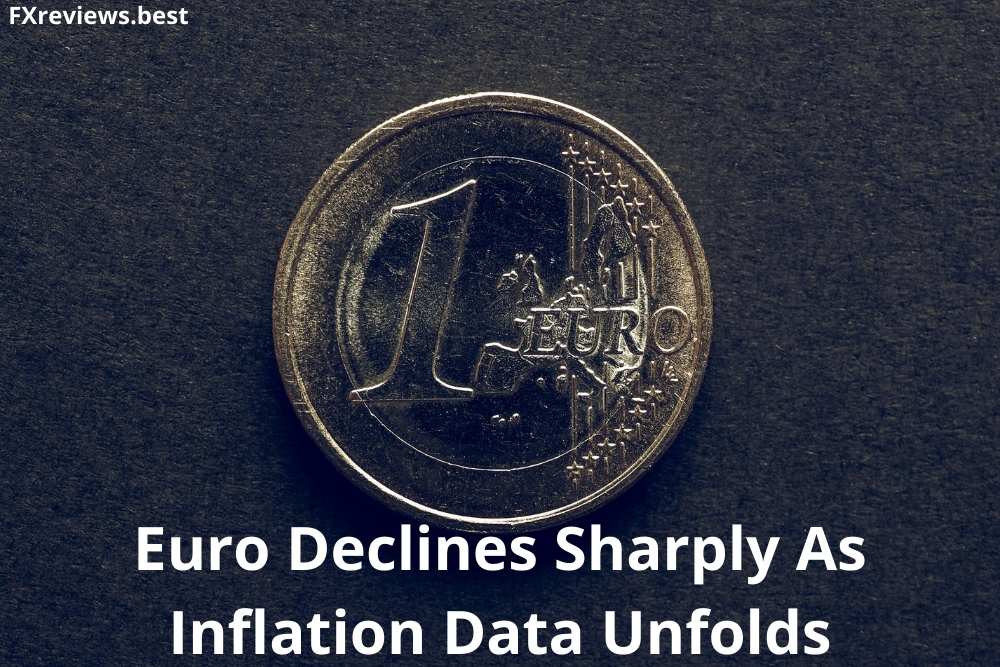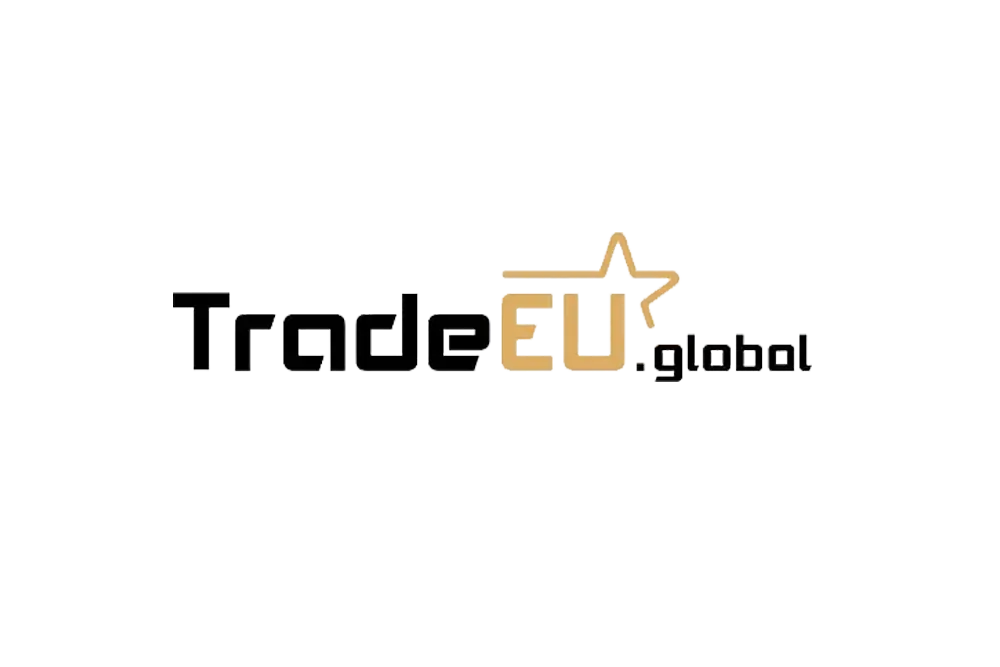The euro fell on Tuesday, but it was still on track to have its best month in a year ahead of sizzling inflation data that will raise expectations of European Central Bank interest rate hikes (ECB).
Consumer prices in Germany increased by 8.7%, while inflation rates in Spain resumed their upward trend, paving the way for another record eurozone aggregate inflation figures in May.
Even if markets predict rapid rate hikes in the next six months, the inflation beast is unlikely to be controlled anytime soon, with the European Union closing ranks to reduce 90 percent of Russian oil imports by the end of this year.
The eurozone aggregate data has a big upside risk, according to RBC Capital Markets’ chief currency analyst. When the ECB releases its next batch of staff estimates, expect a significant upward revision to the ECB’s near-term inflation trajectory.
The dollar gained from the euro’s overnight advances as well as a rise in US Treasury yields.
The dollar index stood at 101.71, down from 101.29 overnight, which was a five-week low.
Oil prices rose on Monday after news broke that European Union leaders had agreed in principle to halt most Russian oil imports by the end of the year, boosting commodity currencies.
Bitcoin was trading at about $31,600, having surpassed $32,000 for perhaps the first time in even more than three weeks overnight.
In tumultuous trade on Tuesday, the Russian rouble reversed earlier losses and firmed near 61 against the dollar, as capital controls managed to overcome downside pressure from fears of further European penalties against Moscow.
To punish Moscow for its meddling in Ukraine, European Union leaders decided in principle on Monday to cut 90 percent of oil imports from Russia by the end of the year and impose other penalties, such as removing Sberbank from the SWIFT transaction network.
The rouble rose 3.4 percent against the euro to 62.10, after hitting a seven-year high of 57.10 last Wednesday, when month-end tax payments typically force export-focused enterprises to convert foreign currency to satisfy commitments.
More at: FXreviews.best



